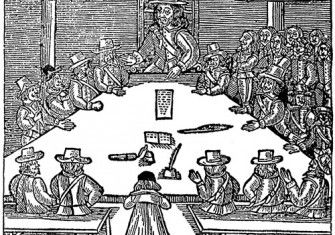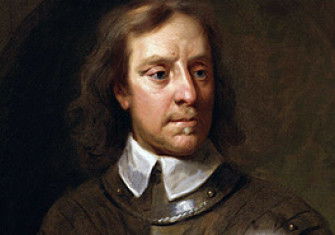Enduring Liberty
The legacy of ‘Free Born’ John Lilburne still resonates 400 years after his birth.
This year marks the 400th anniversary of the birth of Leveller leader John Lilburne, who did more than most to make religious and political liberty part of the English social landscape.
We hear much these days to the effect that freedom of speech means secularism. Yet freedom of speech entered the world in the first modern revolution not as a secular ideology but as the inseparable counterpart of freedom for religious dissent from the state church. And Lilburne’s life bears witness to that fact.
Lilburne first became famous in the 1630s as a supporter of John Bastwick, William Prynne and Henry Burton, the ‘Puritan martyrs’ who railed against the state church of Charles I and his Archbishop, William Laud. Lilburne secretly imported seditious tracts from Holland. When he was captured in 1637 he was jailed. He was then hauled before the Star Chamber, a prerogative court in which the main evidence was the defendant’s confession (a procedure creeping back into English law in secret trials). It is from his defiance of this court’s right to try him that he became ‘Freeborn John’.







